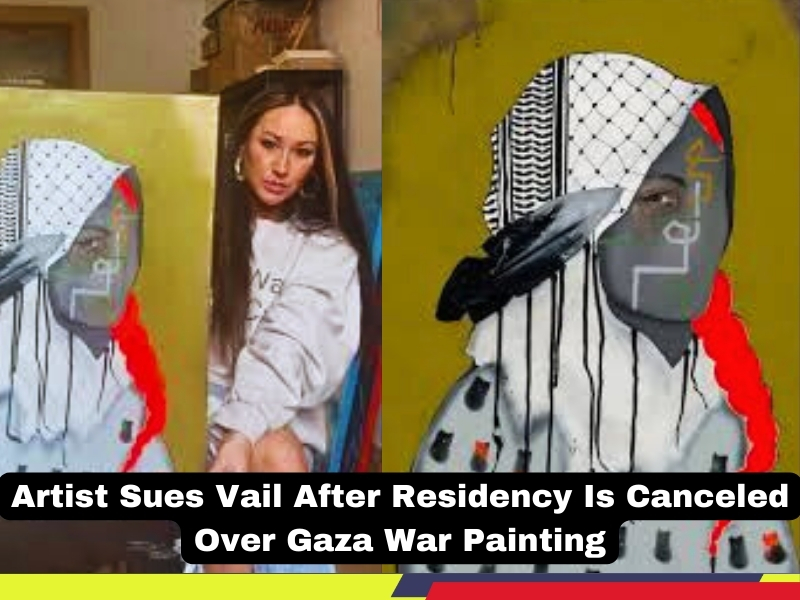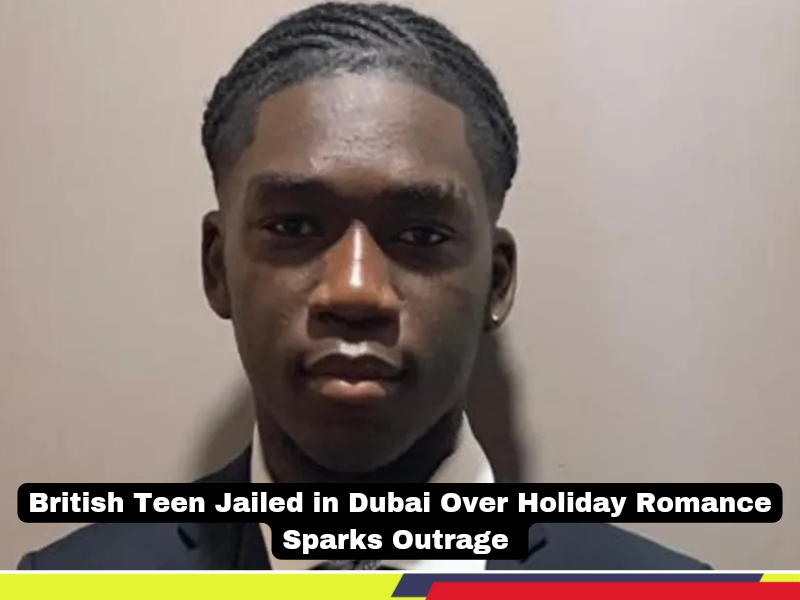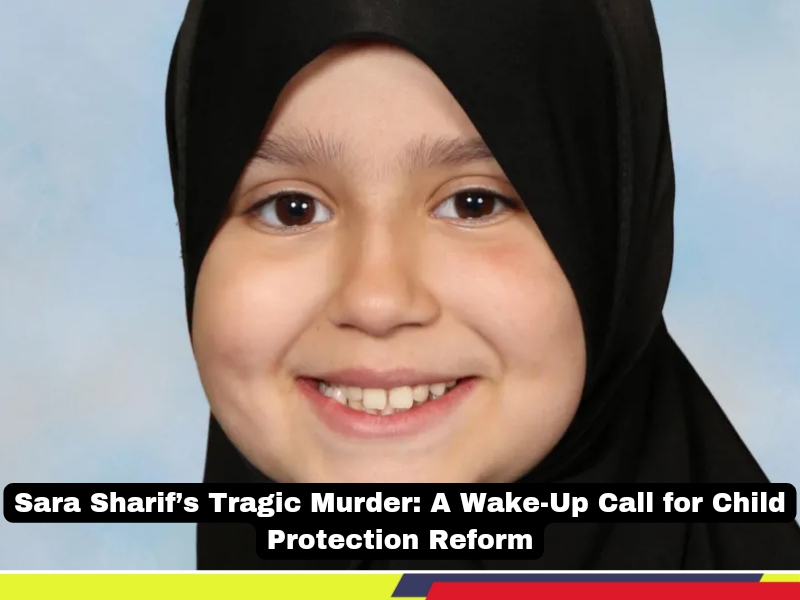In a case that has stirred debate about artistic freedom and political expression, the American Civil Liberties Union (ACLU) of Colorado has filed a lawsuit against the town of Vail on behalf of Native American artist Danielle SeeWalker. The suit alleges that Vail violated SeeWalker’s First Amendment rights when it abruptly canceled her artist residency following her public stance on the Gaza war.
The controversy centers around SeeWalker’s painting, “G is for Genocide,” which depicts a woman wearing a Palestinian kaffiyeh and a feathered headdress, symbolizing both Palestinian and Native American identity. In March, the artist shared the piece on Instagram with a caption expressing her grief and guilt for living in relative comfort while innocent civilians in Gaza endured unimaginable suffering. Her post read, “Some days, I have overwhelming grief + guilt for walking around privileged while people in Gaza are suffering for no reason.”
The public reaction was swift. Two months later, Vail officials informed SeeWalker, 41, that her scheduled 10-day artist residency under the town’s Art in Public Places program was terminated. According to the lawsuit, local Jewish community members had expressed outrage over her painting, which was perceived as critical of Israel’s actions in the Gaza conflict.
SeeWalker, known for addressing Indigenous identity and social justice issues through her work, was poised to complete a mural during her residency in Vail. However, the abrupt cancellation has raised serious concerns over free speech and the ability of artists to voice political opinions without facing professional repercussions.
This case is the latest in a broader conversation about freedom of expression in the art world. Over the past year, public figures across creative industries—artists, writers, actors, and museum employees—have faced backlash for their stances on Israel’s military operations in Gaza. These controversies erupted following Hamas’s deadly attack on Israel in October 2023, which claimed over 1,200 lives. In response, Israeli forces launched extensive military operations in Gaza, resulting in over 42,000 deaths, including large numbers of women and children, according to local health officials. While Israel denies targeting civilians and blames Hamas for hiding among noncombatants, the humanitarian toll has sparked global criticism.
SeeWalker’s lawsuit shines a light on the tension between artistic expression and public outrage, raising important questions about whether political art can find space in today’s charged social landscape. For SeeWalker, the fight is not just about reclaiming her canceled residency, but about defending the right of artists to challenge the status quo without fear of silencing.
As this legal battle unfolds, it underscores a critical dialogue about freedom of speech, the role of art in activism, and the boundaries of acceptable dissent. Both the town of Vail and its critics will be watching closely as this case heads to federal court.




